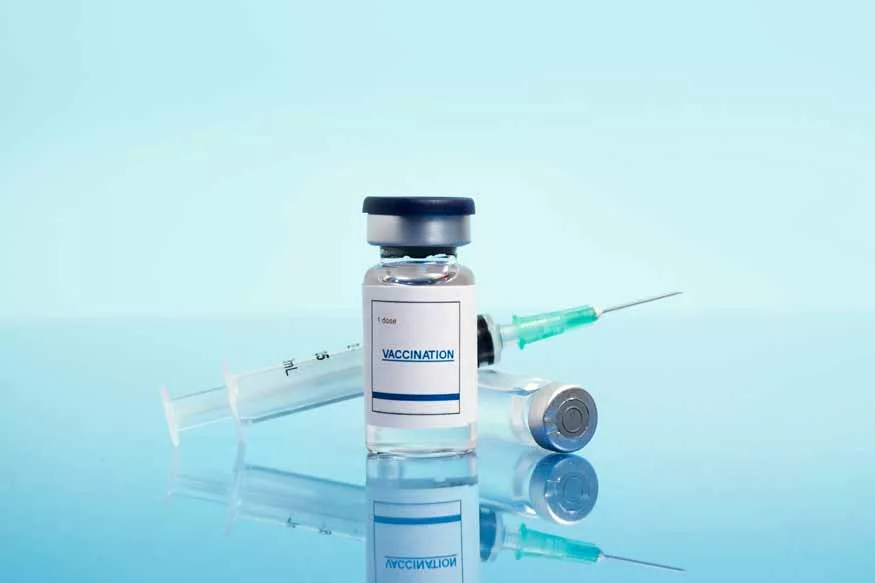In the ever-evolving landscape of paediatric healthcare, important vaccinations for children emerge as the unsung heroes, relentlessly strengthening the health and resilience of our youngest generation against preventable diseases. This comprehensive exploration serves as a guiding lighthouse, navigating through the significance of the ten most important vaccinations and 10 importance of immunisations. It unravels the profound impact of this 10 importance of immunisation in laying the foundation for a healthy and robust start to a child’s life, all while contributing to the larger community immunity. The narrative of these important vaccinations are one of proactive protection, a shield that guards not only individual children but also the collective well-being of communities. The importance of childhood vaccinations extends beyond the immediate recipients, creating a network of defence that spans neighbourhoods, schools, and entire populations. As we dive into the complex details of each vaccination, the broader picture emerges — a resilient shield woven with the threads of medical science, community responsibility, and the promise of a healthier future.
These important vaccinations transcend mere medical interventions; they symbolise a collective dedication to protecting the well-being of our children and laying a robust groundwork for their future. As we dive into the significance of each vaccination and the importance of childhood vaccinations, it becomes clear that these are crucial milestones in the quest to build a flourishing and resilient community. They serve as guardians against preventable diseases, emphasising the prioritisation of each child’s health. In essence, this exploration not only highlights the individual significance of each vaccination but also underscores their united impact on the wider community. It underscores the collaborative effort required to build a shield of immunity that stands resilient against the tide of preventable diseases, ensuring that the health of our children remains a shared priority and a foundation of a flourishing society.
Also Read: What Should Be The Goals for Preschool Children?
- Measles, Mumps, and Rubella (MMR) Vaccine: A Triple Defender
- DTaP Vaccine: Shielding Against Three Menaces
- Polio Vaccine: Eradicating a Crippling Threat
- Hepatitis B Vaccine: Shielding the Liver
- Haemophilus Influenzae Type B (Hib) Vaccine: Defending Against Serious Infections
- Rotavirus Vaccine: Curtailing a Leading Cause of Diarrhoea
- Varicella (Chickenpox) Vaccine: Taming the Pox
- Inactivated Polio Vaccine (IPV): Reinforcing Polio Defense
- Pneumococcal Conjugate Vaccine (PCV): Shielding Against Respiratory Risks
- Vaccine against meningococcal conjugate: Quick Protection Against Meningitis
The MMR vaccine, a victorious trio against measles, mumps, and rubella, forms an essential shield in early childhood. By administering two doses, typically around age one and before school entry, this vaccine plays a pivotal role in preventing severe complications associated with these contagious diseases.
As a triple shield, the DTaP vaccination guards against pertussis, tetanus, and diphtheria. This vaccine protects children from several potentially serious illnesses, and it is necessary to provide it in early childhood. Later in life, booster shots are advised as we have significant importance of booster dose.
When administered alongside the oral polio vaccination, IPV provides an additional layer of defence against the poliovirus. This vaccine advances the international effort to eradicate polio when used with a comprehensive immunisation regimen.
Also Read: Tips To Strengthen Your Body Immunity
The first step in preventing the liver-damaging virus known as hepatitis B is early immunisation, which is frequently given shortly after birth. When administered during infancy, this vaccination lowers the likelihood of developing chronic liver diseases later in life in addition to providing protection against acute illness.
The Hib vaccine becomes a crucial defender against severe infections like meningitis and pneumonia, predominantly affecting children under five. Administered in a series of doses starting in infancy, it guards against life-threatening conditions.
A leading cause of severe diarrhoea in children, the rotavirus vaccine, usually administered orally, acts as a potent defence against this highly contagious virus. Its early administration helps prevent severe cases and related complications.
The varicella vaccine, which protects against chickenpox, lowers the frequency of this highly contagious viral infection and its related consequences considerably when given in two doses during early childhood.
When given alongside the oral polio vaccination, IPV adds an extra layer of protection against the poliovirus. Integrated into a comprehensive immunisation plan, this vaccine plays a crucial role in the global initiatives striving to eliminate polio.
Also Read: Diarrhoea in Children Symptoms, Causes, and Solutions
Pneumococcal infections, including pneumonia and meningitis, pose serious risks to young children. The PCV vaccine, administered in a series of doses during infancy, guards against the most common strains of Streptococcus pneumoniae.
The meningococcal conjugate vaccination protects against meningococcal infections, which are notorious for their sudden onset and severity. Administered during adolescence with booster doses advised as we have significant importance of booster dose, this vaccine protects against certain strains of the meningitis virus.
Also Read: What Causes Fever with Chills?
The timely administration of these ten critical vaccinations transcends the domain of individual responsibility, evolving into a collective commitment to the health and well-being of our communities. While the primary objective is to shield each child from potential diseases, the impact of this 10 importance of immunisation extends far beyond, creating a powerful community immunity that acts as a defence against the spread of infectious diseases. Essentially, these important vaccinations become essential elements of a shared defence mechanism, constructing a collective shield that envelops neighbourhoods, schools, and the broader community. The concept of community immunity relies on sustaining high vaccination rates, forming a complex network of protection. This not only safeguards those directly vaccinated but also provides indirect protection to those who, for various reasons, may be unable to receive specific vaccines.
As advancements in vaccine research continue to progress, the emphasis on upholding consistently high vaccination rates remains a cornerstone of public health initiatives. This collective endeavour is crucial in ensuring a healthier future for the next generations, where preventable diseases are effectively prevented, and the overall well-being of the community takes precedence. The joint commitment to vaccination serves as a cornerstone in constructing resilient communities capable of withstanding the challenges posed by infectious diseases. It cultivates an environment where every child can flourish and grow up in a healthier, more secure world.
Starting on the journey of the importance of childhood vaccinations is a shared commitment at EuroSchool, where we recognize the profound impact that a healthy start has on a child’s educational journey. Just as vaccinations form a protective shield for individual children, EuroSchool stands as a beacon of education committed to nurturing well-rounded, resilient individuals. Our ethos aligns seamlessly with the importance of community immunity and 10 importance of immunisation, reflecting our dedication to fostering a safe and thriving learning environment. Join EuroSchool in building a foundation for your child’s health and education, where every immunisation is a step towards a brighter, healthier future. At EuroSchool, we prioritise not just academic excellence, but the holistic well-being of each child, ensuring they start on their educational journey with a strong foundation of health and resilience.











